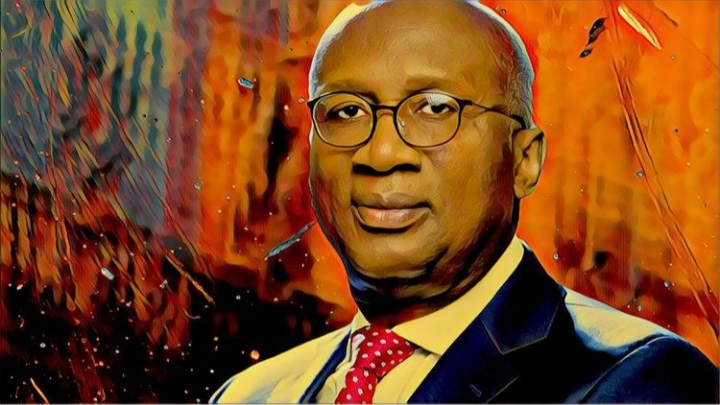Telecoms Remains Vital Engine For Development Of Any Economy –Ernest Ndukwe, MTN Nigeria Chairman

The Chairman, MTN Nigeria Communications Plc, Dr. Ernest Ndukwe (OFR) has shared his perspective on the Nigerian telecommunications sector and its contribution to the country’s growth at a special summit to commemorate 20 years of telecommunications revolution in Nigeria.
The event held on Thursday, October 28, 2021 at the MUSON Centre, Onikan, Lagos also had Dr. Ike Adinde, Director Public Affairs, Nigerian Communications Commission as a guest speaker.
At the anniversary lecture, Ndukwe spoke on the competitive nature of Nigeria’s telecommunications industry during its nascent years, as well as the players who invested time and efforts to ensure progress.
He said the progress recorded in the telecommunications sector within the last two decades has improved the nation’s ICT ranking in the world and has positively impacted nearly all sectors in the country.
According to him “The Nigerian socio-economic landscape has been greatly transformed, thanks to developments in the telecommunications sector in the last two decades. It has had positive effects on virtually all facets of life in the country including political, social, and economic.’’
The summit held to commemorate the 20 years of the transformation of telecommunications services, included a masterclass for media practitioners moderated by Tony Ojobo, President, African ICT Foundation with the Group Managing Director, Zenith Bank Plc, Ebenezer Onyeagwu as the guest speaker.
The second part of the anniversary lecture titled: Telecommunications in Nigeria: The Next Frontier was delivered by Dr. Ike Adinde, Director Public Affairs, Nigerian Communications Commission, who represented the Executive Vice Chairman/CEO of NCC, Prof. Umar Danbatta.
Dr. Ike Adinde spoke extensively on reforms in the telecommunications sector, engendered by an effective and firm regulatory regime which expanded availability and accessibility of networks.
According to him, the telecommunications sector reforms were also accompanied by unprecedented job creation across the industry’s value chain, as more operators were licensed which gave rise to corresponding business opportunities for Nigerians.
“Without any doubt, the sector has become a major driver of economic development, with the sector contributing an all-time-high of 14.42 per cent to the country’s Gross Domestic Product (GDP) in the second quarter of 2021. Through the NCC’s continuous commitment to an effective regulatory regime, policies and initiatives to advance telecoms sector growth, millions of Nigerians can now carry out most of their activities electronically in a more efficient manner.” he said.
Ndukwe lauded the progress recorded in the telecommunications sector in the last 2 decades.
According to him, ownership of telephones was regarded as the exclusive preserve of the well to do before digital mobile services were introduced.
“Before digital mobile services were launched in August 20021, ownership of telephones was regarded as the exclusive preserve of the well-to-do and well connected in Nigerian society. The progress recorded in the telecommunications sector within the last two decades has improved the nation’s ICT ranking in the world and has positively impacted nearly all sectors in the country,” he said.













